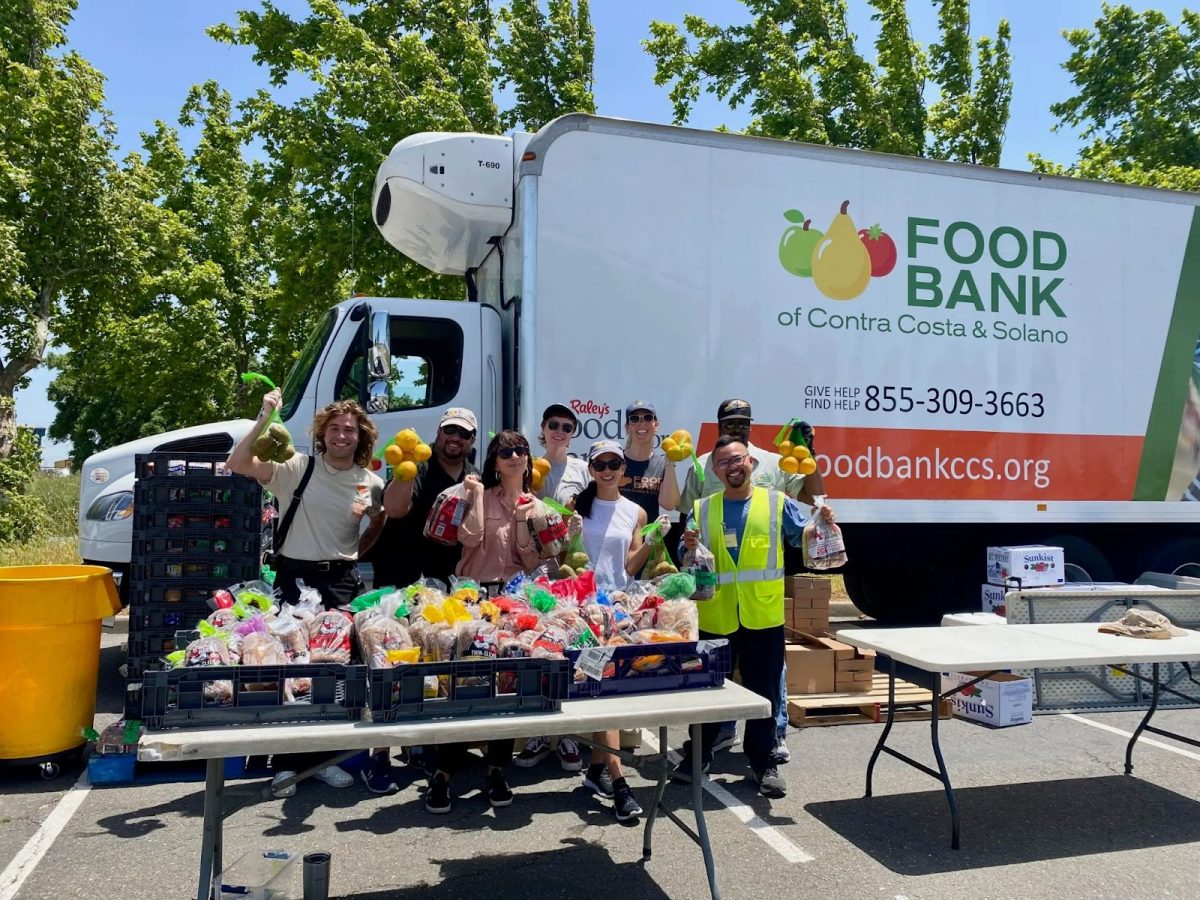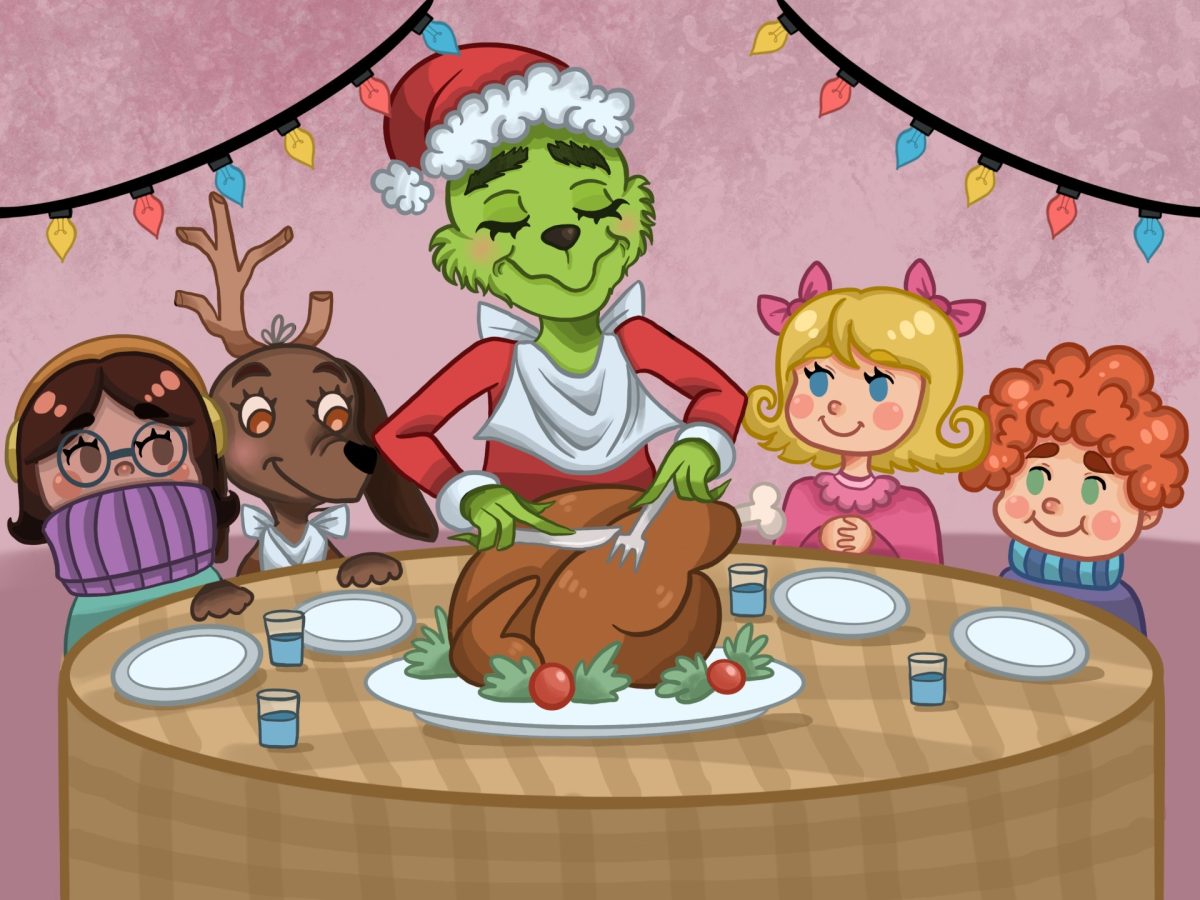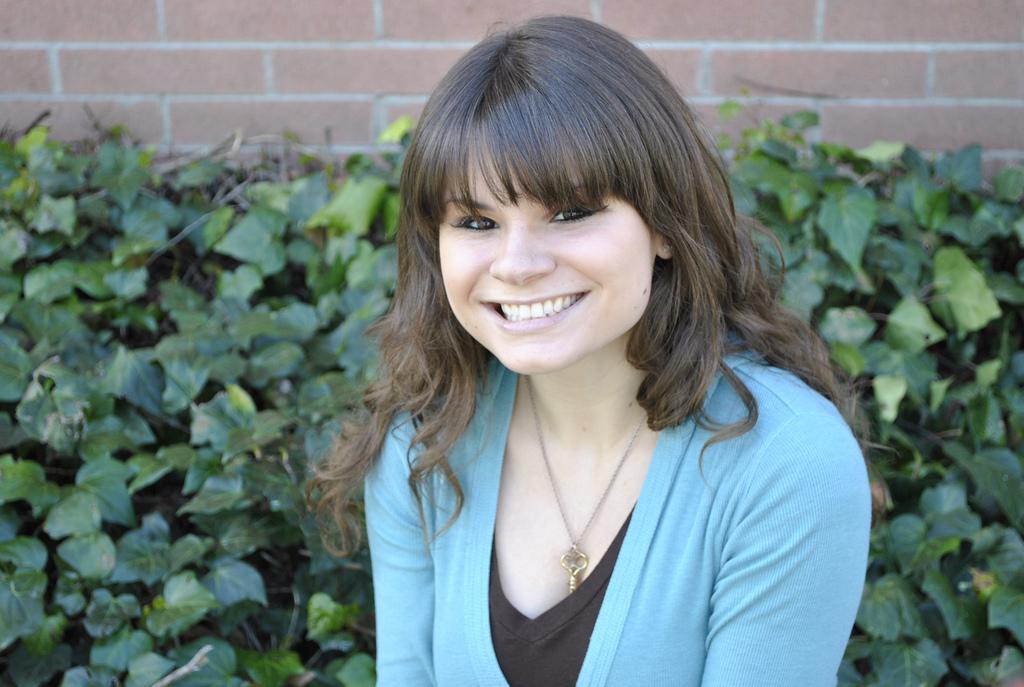The words “dating,” “love,” “sex” and “passion” should never be associated with pain, manipulation, abuse and neglect.
Yet too many young people, most often women, allow themselves to be put in bad situations without the courage or will to leave.
The boyfriend of a woman I know says and does terrible, unforgivable things to her. He also plays mind games that keep her in turmoil.
This is emotional and psychological abuse.
According to stoprelationshipabuse.org, one in three women will experience relationship abuse in her lifetime.
Another website, relationship-tips-for-you.com, says domestic violence is still the single biggest threat of injury to women, more than heart attacks, cancer, strokes, car accidents, muggings and rapes combined.
And womensissues.about.com, says that around 80 percent of young women subjected to physical abuse in their dating relationships continue to date their abuser.
Also, 80 percent of teens believe verbal abuse is a serious issue for their age group, according to the same website.
But these statistics are not reliable, since much of the time mental, emotional and physical abuse is not reported.
Dating should be fun and carefree. A new girlfriend or boyfriend should add happiness, not take it away.
Sadly, people often stay in bad relationships, because they think the situation will get better.
It won’t.
They think that this behavior is normal.
It’s not.
They think that their partner will try harder, just because he or she has apologized.
They won’t.
When a friend or acquaintance tells me about her boyfriend’s abusive behavior, I want to scream, “Leave now. You’re so much better than this.”
But this rarely works.
People are “creatures of habit,” and too often they return to the situation they just complained about.
If only we had a place on campus where students could get help from trained mental health counselors. Sometimes an outsider can help you see things a friend cannot.
But wishing for such a thing during endless budget cuts is a joke.
Sometimes all we can do is just be there for one another.
And that means having the courage to voice our concerns, even if the friend can’t appreciate it in that moment.
Contact Julie George at [email protected]












































































